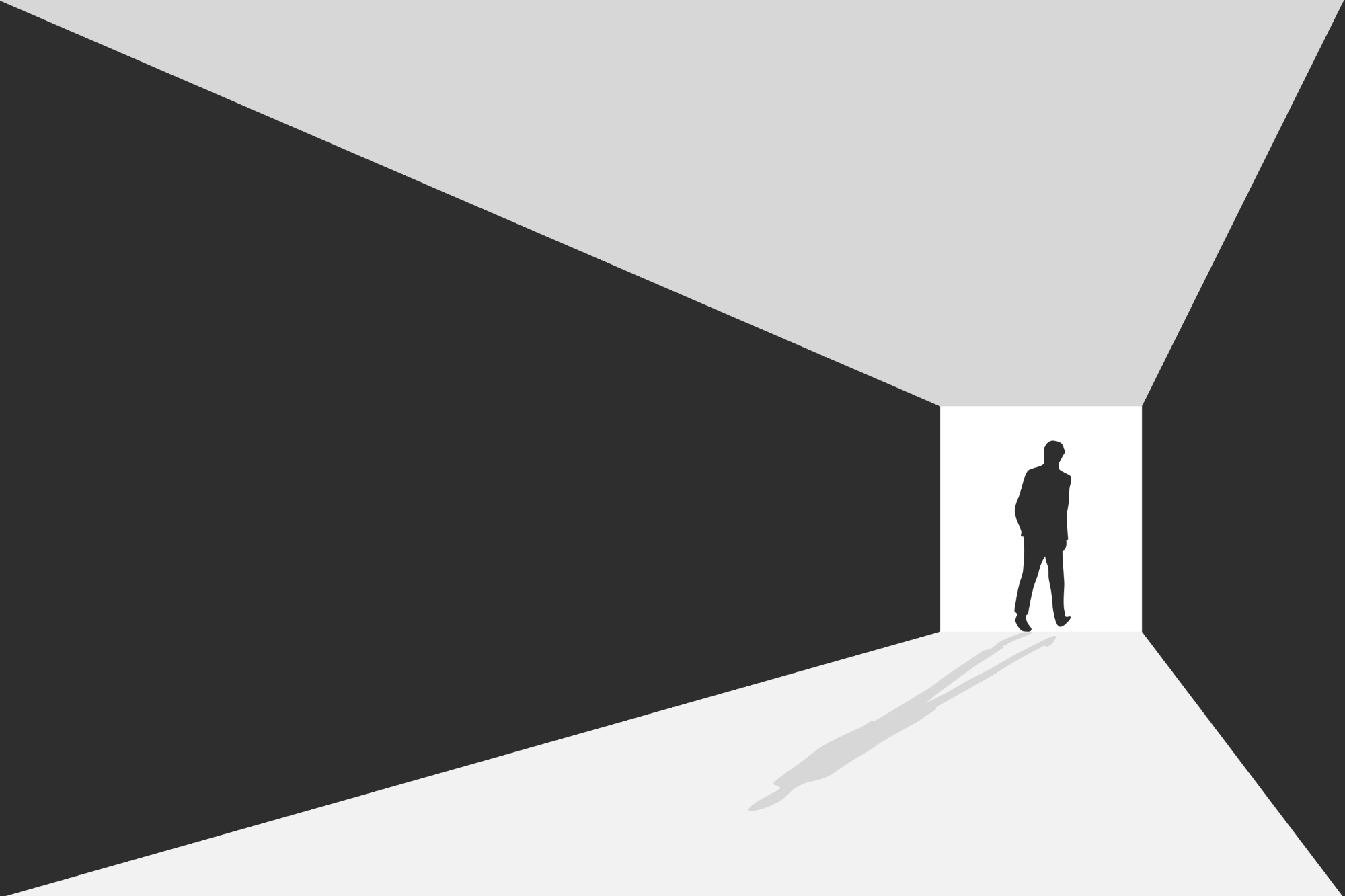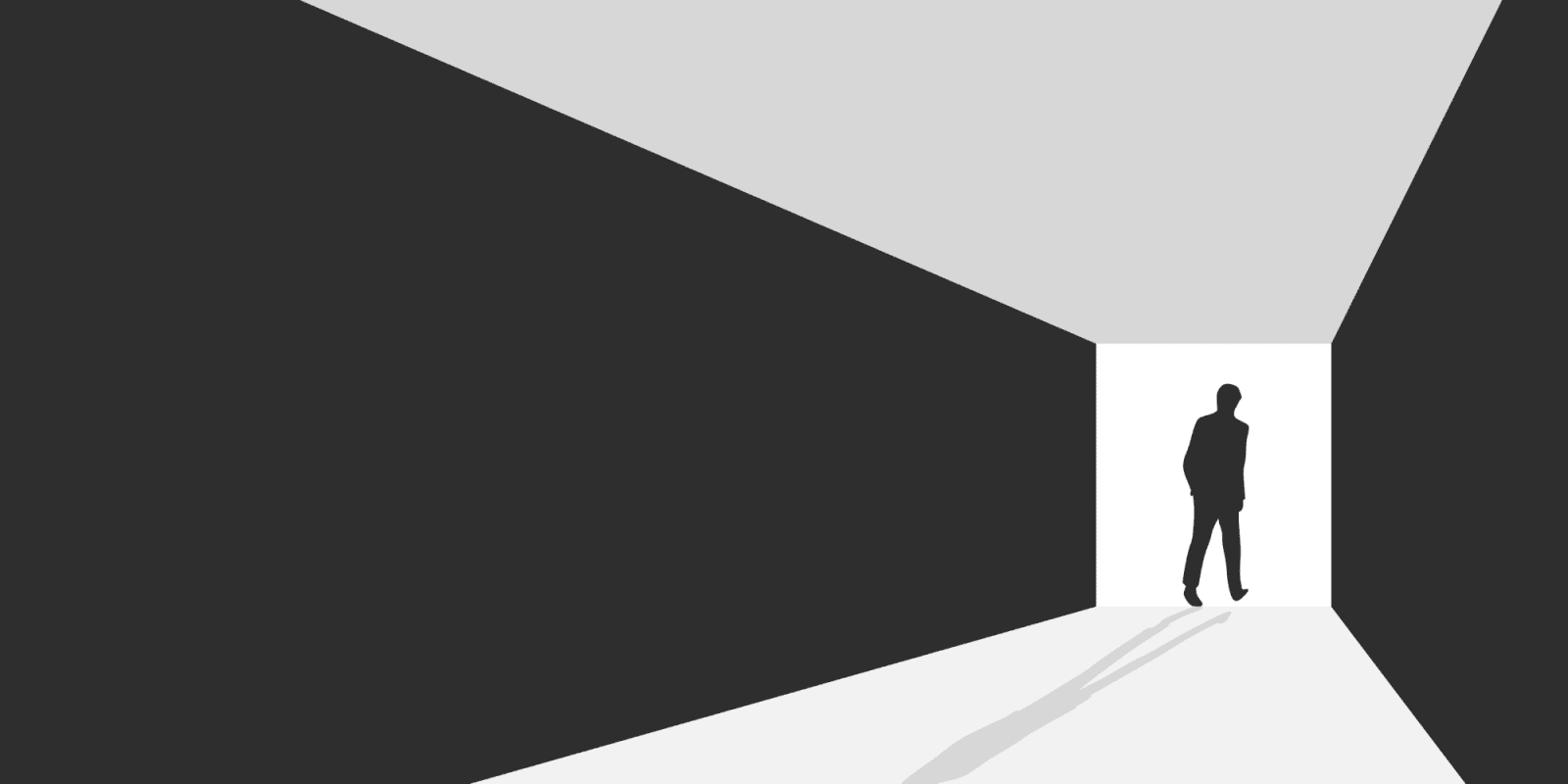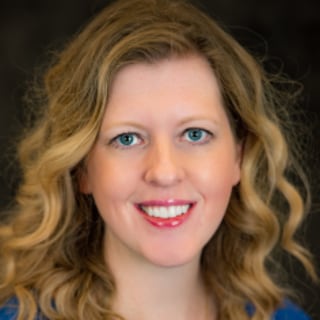
I walked past the two larger-than-life, rhinestone-studded cows that dutifully greeted patients in the clinic lobby and watched the light refractions dance across the floor as the afternoon sun sunk below the horizon. My eyes took in the colorful display on the floor but inside I felt an uncomfortable burning feeling.
The doctor-patient relationship is unique in many ways, but at the core, it’s still a person-to-person relationship. When that relationship ends, it can hurt. As a pediatric oncologist, I know the pain of a young patient dying. It’s sharp and deep and pierces from the outside all the way to the core.
But that’s not what I was feeling in the clinic lobby — the pain was reversed, coming from my core and rising to the surface. It was the slow, hot burn of inadequacy; the feeling of not being enough. As I continued out the door, I replayed the preceding weeks and months in my head like a game reel, looking for the moment where I cut left when I should have cut right.
In my practical-doctor voice, I told myself that the demise of this particular relationship was for the best and we would all be better off. But in my I’m-very-much-still-a-human voice, I thought privately to myself that it ended because I had done something wrong. My patient walked away from our relationship without a word, so therefore it had to be me … didn’t it?
The relationship ended in a way nearly as bad as getting dumped via a text message. I found out when they canceled their appointment and their new physician called the office to ask me for all of the logistical details. Where were they in the chemotherapy plan? What did the parents understand about the prognosis? Had there been any complications? When were the last set of imaging studies done? How had the tumor responded?
Every patient has the right to choose the doctor that they feel is right for them. I often get second opinions when establishing care for myself or my family, and I encourage patients to do the same. If necessary, my team and I facilitate finding another doctor for them.
The game reel continued to play in my head and I watched these parents hurting, desperate because their child was slowly marching toward certain death. I saw them requesting things beyond my ability to deliver. The signs that the relationship was dissolving were there all along. When I took the time to really think about it, I wasn’t actually surprised they left, but I was hurt in the manner they did so. No goodbye. No closure. No wishes for peace and comfort. No opportunity to assist with the transition. Just a black void.
I got to my car and sat still in the quiet for a minute. I pulled out my phone and started to type an email to my coordinator with instructions on what to send to the new oncologist. I wanted it to be prioritized in the morning so that the patient could continue to receive care without delay. Then, I let out a long sigh and put my car in reverse to head home. I knew, deep in my heart, beyond the slow hot burn, that I had put it all on the line. I had given them the best of me and then a little bit more. My patients — their lives, their health, their families — are not something I can shrug on and off like a backpack when I hit the clinic door. They will never be customers. They are a part of the fabric that makes up my life, and if they choose to leave without saying goodbye it will always hurt, no matter the reason. But despite the pain that these endings bring, there is no other way I would practice medicine.
Wendy Allen-Rhoades is a pediatric oncologist, mother of two incredible kids, and lover of 90s country music. She blogs at Beyond the Coat.







